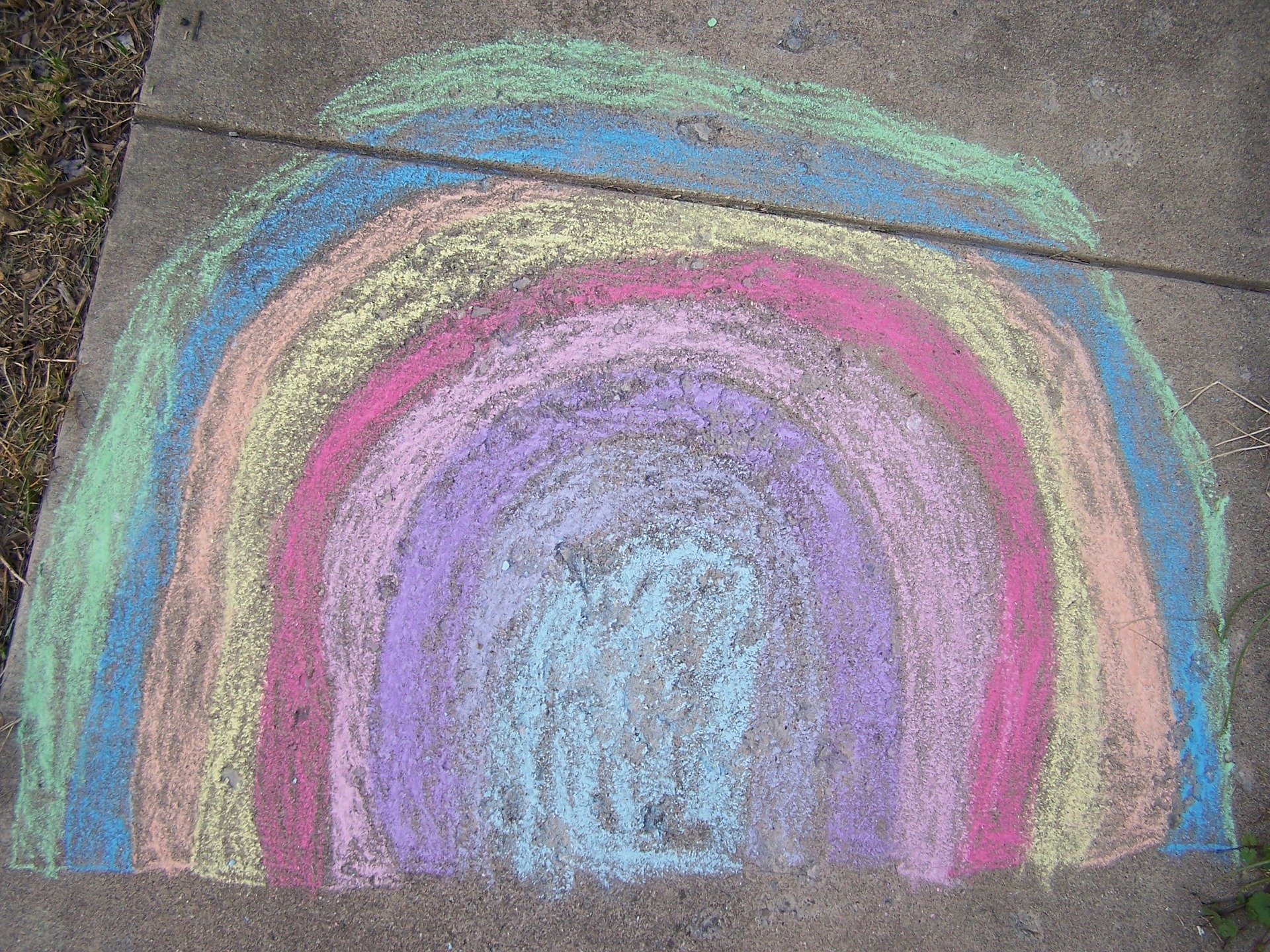When the Coronavirus pandemic ramped up last March my husband and I were a mess. He’s an ER physician; we had a 22-month-old and a 2-month-old. Should I drive the kids across country to stay with my parents, or should we stay home with him during lockdown? My fears of him dying alone and of transmitting COVID to my parents beat out his fear of killing us.
The next few weeks were terrible. He worked 60-hour weeks surrounded by similarly fearful coworkers, a dearth of facemasks, and too many updates from Johns Hopkins about death stats. I tried to parent and work from home but mostly just obsessed over the news.
Two nurses tested positive that first week. At night Andrew and I slept in separate rooms.
Then at some point—maybe mid April?—we slowly began to feel sort of…normal. I laughed out loud at my toddler crawling through the dog door, enjoyed a phone call with my parents that didn’t center around the Coronavirus, and managed to focus long enough to finish a work project. The neighborhood children’s sweet “Thank you” notes on the sidewalk and the anonymously gifted food in the ER filled us with something akin to pride and connectedness. My husband stopped requiring sleeping pills and started spending time with our boys again.
In short, our wellbeing is not where it was prior to this pandemic, but it’s pretty good all things considered.
So are we uniquely resilient outliers? Probably not.
Popular press highlight a plethora of depressing takes on our wellbeing—that COVID will push us into a mental health crisis, that most Americans report no end in sight to their health and economic concerns, and that isolating will exacerbate the already-growing loneliness pandemic. A survey of over 2,000 US adults by Jean Twenge and Thomas Joiner has made a particularly large splash, reporting that rates of moderate to severe mental distress tripled after lockdown to nearly 70% of Americans. Work by Haiyang Yang and Jingjing Ma found a 74% drop in emotional wellbeing at the onset of the pandemic in China.
President Trump has even justified reopening the US economy in part by claiming that lockdown conditions lead to increased drug addiction and suicide rates. These fears are consistent with decades of psychological research finding that social interaction increases wellbeing, whereas economic stress and uncertainty decreases it.
But these negative reports ignore psychological research finding that people underestimate their ability to cope with negative life events. Human beings are resilient. And working towards a shared goal (like stopping a pandemic) can even increase bonding and positive feelings.
Indeed, therapists have reported that many clients are actually feeling the same or even better now than before the pandemic began, perhaps due to less social or work stress. and Japan’s suicide rate dropped 20% in April.
Several systematic research studies report similarly optimistic findings. Elizabeth Dunn, Sonia Lyubmorski, and colleagues—who measured the same Canadian, American, and UK participants last fall and during the pandemic–found remarkably small decreases in feelings of social connection and even a decrease in loneliness in adults. Eiko Fried and colleagues surveyed Dutch students on their phones multiple times per day during lockdown and uncovered similar results: no change in anxiety, depression or stress, and a surprising decrease in loneliness. Largescale surveys in the United Kingdom have found that anxiety and depression levels are higher than before the pandemic but falling (even as stress about finances and employment remains stable), and loneliness and physical abuse are stable.
The pandemic may even be leading to some positive emotional changes. Feelings of unity and kindness have risen modestly in the UK. And a survey of over 100,000 Americans similarly found that personality scores have not changed during the pandemic, but people value science and altruism slightly more than before.
A caveat: Some people have it really hard
Importantly, not everyone is ok. People who have gotten severely ill or had loved ones die are particularly hard hit. The inability to visit sick loved ones or to hold traditional funerals may confound grief. Early reports also suggest that in highly impacted areas up to 40% of frontline medical workers may face PTSD or other mental health problems. COVID may also disparately harm vulnerable groups. The same UK study that found people doing well overall found that pre-existing physical or mental health conditions, over-crowded households, living with children, and lower income all predicted substantially decreased wellbeing. These differences may increase if unemployment remains high and large-scale financial assistance decreases.
What does this mean?
Despite the initial tidal wave of uncertainty felt by all and the personal tragedies of many, most of us are doing surprisingly well.
People tend to feel stress with the loss of control over our environment and disruptions to daily routines, so it’s unsurprising that we observed spikes in anxiety and depression at the start of the pandemic. As the pandemic and economic uncertainty continue, this may be a good opportunity to develop your resilience skills or seek professional guidance. But early reports that wellbeing was plummeting and lockdown would lead to a mental health crisis are probably overblown. Most people are successfully adjusting to their new normal.
There are even objective glimmers of hope that some good may come from the pandemic—perhaps more trust in science and an increased sense of altruism and unity.
Footnote 1: These poems by Mary Oliver and Kitty O’Meara helped me through long nights.
Footnote 2: My husband made me capitalize COVID.


